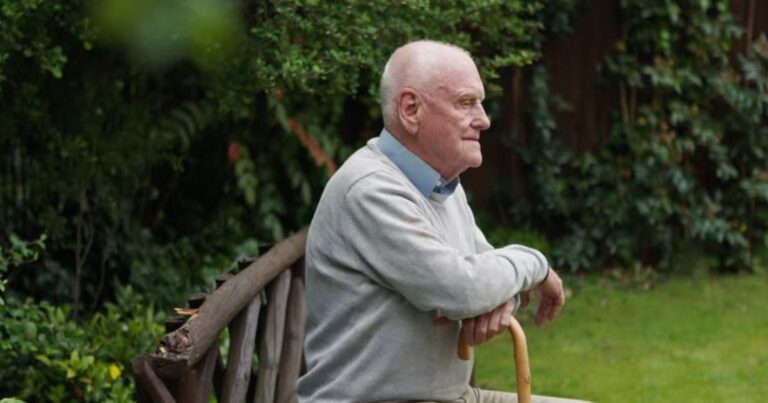State pensioners have been warned over the National Insurance quirk.
Some state pensioners have been warned they may find their National Insurance contributions DO NOT count in a major blow. Department for Work and Pensions (DWP) state pensioners have been warned over the National Insurance quirk.
You’ll need 10 qualifying years on your National Insurance record to get any new State Pension. A qualifying year for those of state pension age, so 66, so born before 1959, is one in which you were working and made National Insurance contributions.
Or it could be when you were getting National Insurance credits for example if you were unemployed, ill or a parent or carer, or if you were paying voluntary National Insurance contributions.
READ MORE Households warned over supermarket item which has left 95 ill and 58 in hospital
You might also qualify if you’ve lived or worked abroad or paid reduced rate National Insurance for married women.
But Helen Morrissey, head of retirement analysis, Hargreaves Lansdown said: “Many of us contribute to our pensions every month, but don’t really think about what we have and what that might give us in retirement.
“It’s led to a crisis of confidence, with only about a third of us sure we can afford to retire and a quarter of us simply don’t know. 37 per cent said they weren’t confident that they had set enough aside.”
Ms Morrissey said: “Gaps in your national insurance record could mean you get less state pension than you thought. Take a look at your state pension forecast and if you do have gaps you can put a plan in place to fill them.”
She warned: “People often have gaps for periods of time when they have been out of the workforce or living abroad.
“If you qualified for a benefit during one of these gap periods, then check to see if you are able to backdate a claim. Many benefits – i.e. Child Benefit come with automatic national insurance credits so if you can put in a successful claim, you can plug gaps for free.
“Other options are to pay for voluntary National Insurance contributions. These can be a very cost-effective way of plugging gaps.
“However, before you hand over money double check that you will benefit as there may be some cases where you won’t – for instance if you were contracted out of the state second pension.”



